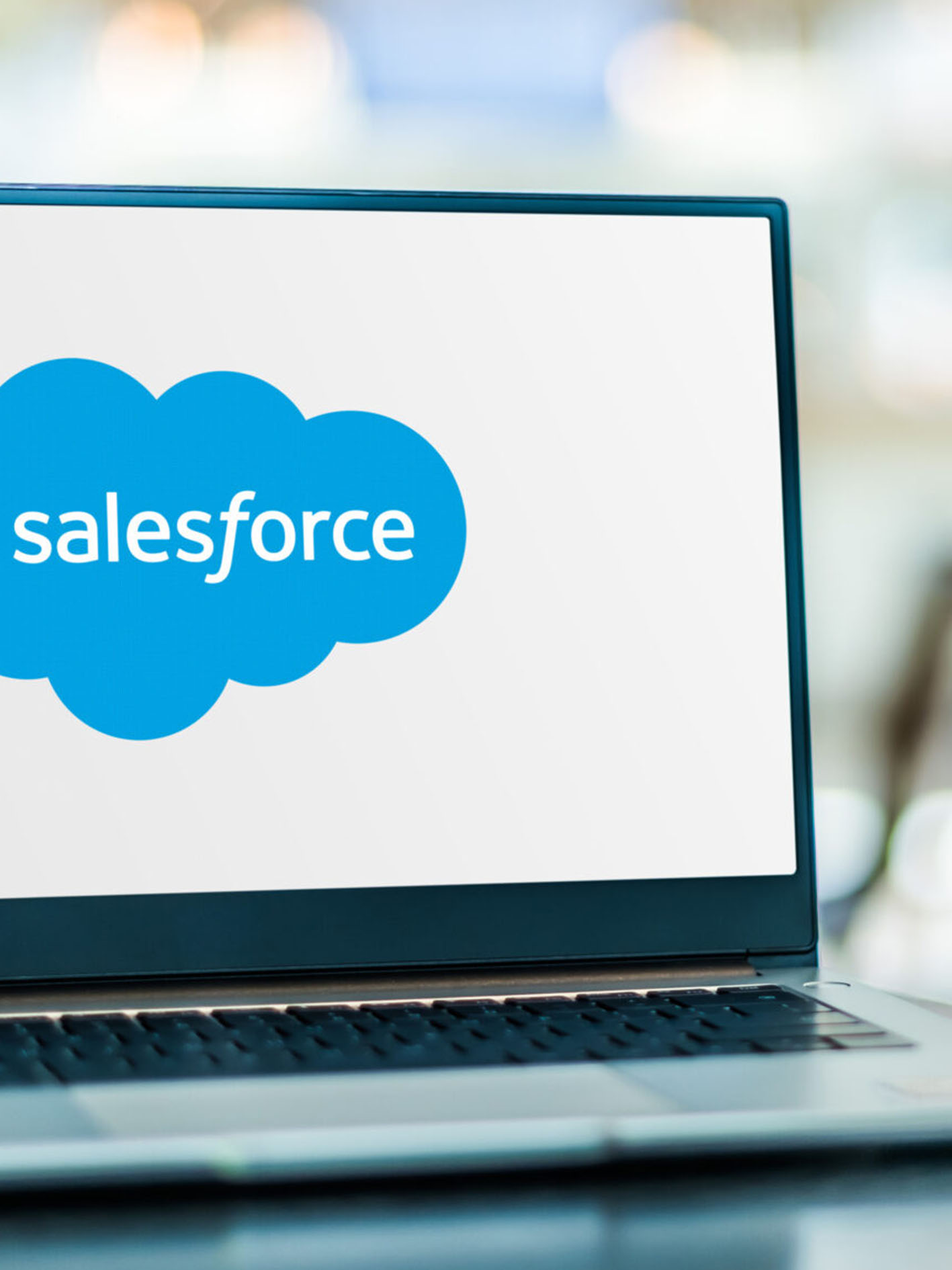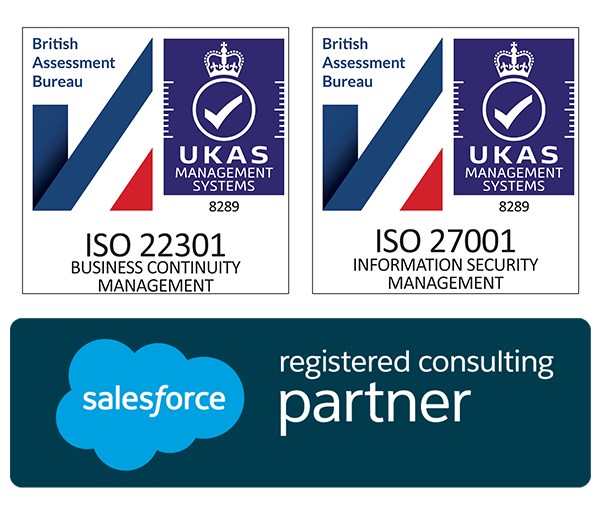
Best Practice For Salesforce Implementation

Your experience with Salesforce will only ever be as good as your implementation. Investing time and/or money at this point will have a direct impact on your return on investment. Here we will look at what the best practice for Salesforce implementation involves to help secure that return.
Assess The Impact
Know what you’re trying to achieve and why. Set out a clear set of business goals upfront.
In any software implementation of this kind, you will need to consult the users to make the rollout a success. At this point, you are likely to be hit with a sizeable Wishlist of hopes, dreams and desires. Invariably some will be more insistent of their demands than others. Taking the time to understand and quantify both the holistic business impact and the implications on user adoption. Doing so will keep you focussed. Make sure you remain aligned with the initial goals and don’t fall into scope creep.
Have a Phased Plan
As a project manager, there is often a desire to reach an end to end solution perfection prior to launch. In reality, breaking an implementation down into logical, phased delivery milestones is much easier for users to adopt. It also results in a more successful deployment. Operating this way also means you can start to see the value and return on your Salesforce investment sooner.
A phased delivery plan also gives you somewhere to put the user’s queries we referenced in point 1. If we can have a ‘future’ phase that captures these requirements for later prioritisation this will give users some confidence that their points have not been forgotten or weren’t valued which could cause them to disengage and impact your rollout.
Take Them With You
If you’re the one leading the charge for Salesforce implementation best practices, it is vital that you seek counsel from those around you. Identify who your key Salesforce users will be. The easy ones and the tricky ones and involve a sample from each team or business unit. Involve these stakeholders from your requirements gathering process through to testing and rollout. The key is gaining the right balance of having their input while still retaining focus on your business goals and making sure these are delivered as the priority. When done right these people become your Salesforce Champions and help you to achieve a successful business change.
Manage It Properly
It doesn’t matter whether your implementation of Salesforce is small or large. You need to have a governance model and some key deliverables as a minimum:
User Journeys
- Identify the key user journeys and map these out in a process flow
- These flows can be adapted and tailored to support your training materials later on
Object map
- A structured place to keep the key objects and the fields setup within these
Delivery plan
- Ideally with phased milestones for rollout
On smaller rollouts we often see customers thinking they can circumvent these deliverables and seeing them as frustration or delay. Getting these right and agreeing on them in advance of configuration can save time and money and identify any pitfalls or nuances that could end up saving you money further down the line. These documents also serve as an important reference point for the configuration that has been set within your org that can then be referred to at a later date. Salesforce implementation best practices underpin so much of what we do at every level.
Maintaining momentum through your governance model is critical, if the project moves from interesting, new and exciting to a tedious initiative that has been dragging on, people will become bored and disengaged. Keep it energetic, manage your plan closely and deliver value early.
Invest in Post Deployment Support
The moment a Salesforce deployment goes live is when the real fun begins! Users will pressure test your use cases. They’ll come up with ideas for new features and they will need help along the way to adopt the solution. You may find you need tweaks to the setup or to quickly mobilise new capabilities. You have 3 options for this:
Internal Salesforce Administrator
- If you have an internal administrator for this phase they would ideally have conducted the initial configuration and have extensive experience of the cloud capabilities you are rolling out.
Salesforce Partner Support
- You may have had a partner to support your implementation. In which case it Is advisable for this partner to continue to provide post-launch support for you. They will have a detailed understanding of your org and the business processes it supports.
Salesforce Premier Success
- Premier success works well where you have put a great deal of effort into securing a successful business change and provided the users with a lot of business process and solution training. Following this, their requests will likely be more in relation to general functional enquiries relating to Salesforce, such as how to set up new reports.
Lead By Example
Senior leadership adoption to any delivery is crucial to success. Especially in best practice for Salesforce implementation. Senior leaders, managers, team leads at all levels within the organisation must be able to see what’s in it for them. They need to be able to see the value and understand how they can lead with it. Identifying key reports and dashboards will give these leaders visibility of key business or personal KPI’s and enable them to manage their team by these metrics. Once the end-users see that their management is looking at this information and managing the business by it their adoption will increase.
Find out more
We’ve been in the implementation game for longer than we care to remember, but we pride ourselves on the combined exposure our team has had to different B2B markets globally, and the strategic services we offer your business as a result. We combine this expertise with Salesforce implementation best practices, giving you the best of both.
If you are looking for Salesforce / Pardot Support with an existing Org or want to know if Salesforce or Pardot is right for you, get in touch with us for a free consultation or simply a chat. We regularly work alongside Start-ups and Enterprises alike. So we’re certain we will find you a path to growth, whatever your plans.
We are open Monday-Friday 9-6pm and have open channels for communication either on our LinkedIn, Twitter or you can simply give us a call on 020 8106 8500.




